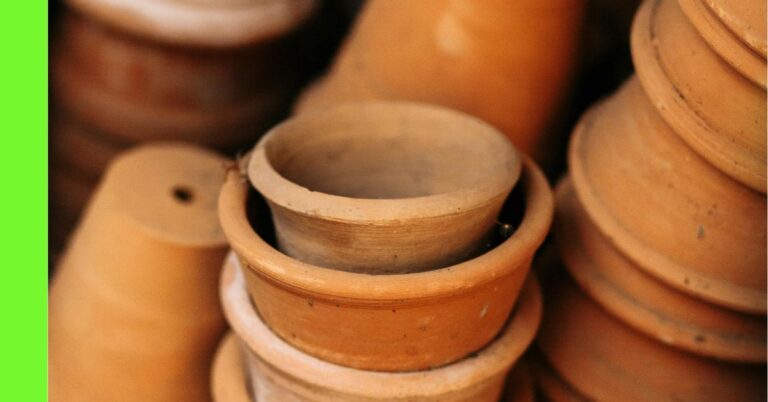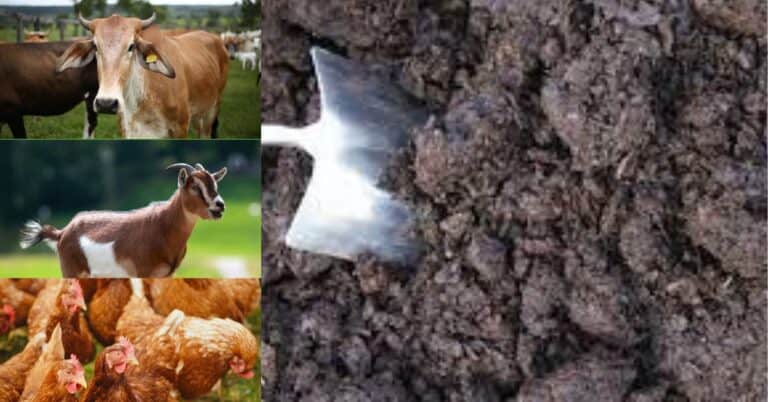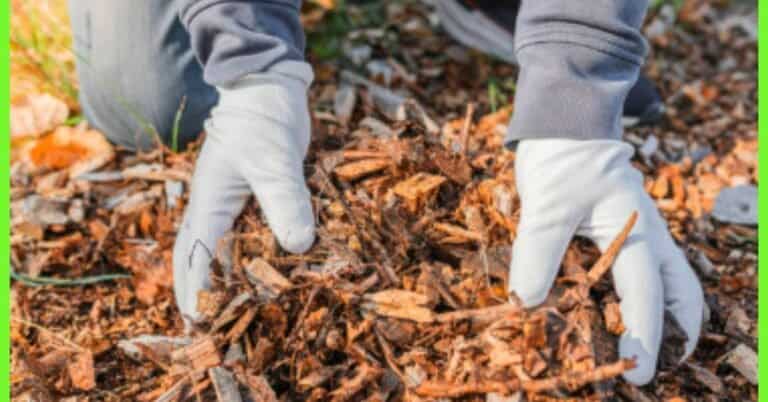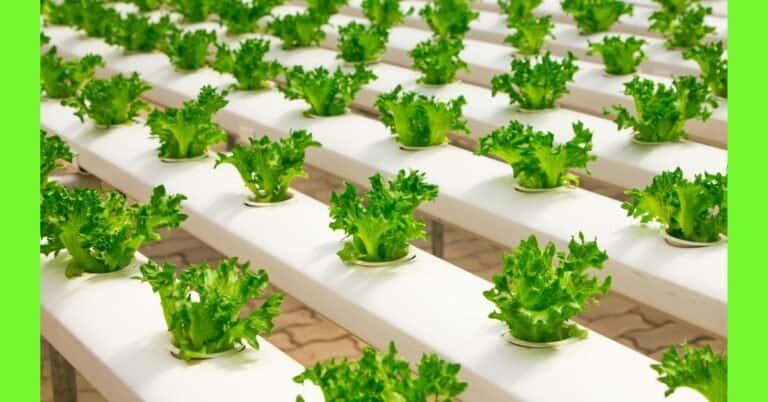How to Choose the Right Agro Supplier for Your Farm

Choosing the right agro supplier is one of the most critical decisions any farmer will make.
From seeds and fertilisers to pesticides, machinery, and farming advice, a reliable agro supplier can greatly influence your productivity and profit margin.
With the agricultural sector growing rapidly, farmers now have access to a variety of agro suppliers, but not all of them are trustworthy or effective.
This guide will walk you through the process of identifying, assessing, and selecting the right agro supplier for your farming needs.
Why Your Choice of Agro Supplier Matters
Your agro supplier determines the quality of your farm inputs, your access to new technology, and even how well you can handle emergencies like pest outbreaks or soil deficiencies.
A good agro supplier should be more than just a vendor; they should be a partner in your farm’s success.
Poor quality seeds, expired chemicals, or inconsistent deliveries can cause significant losses and setbacks.
Understand Your Farm’s Needs
Before looking for a supplier, you need to understand what your farm requires.
Ask yourself:
- What crops or livestock do I focus on?
- What quantities of seeds, fertilisers, pesticides, or feed do I need per season?
- Do I need equipment like planters, sprayers, or irrigation tools?
- Do I require technical support or extension services?
Knowing your needs will help you match with a supplier that specialises in the inputs or services you require.
Research Available Agro Suppliers
Once you’re clear on your needs, begin researching available agro suppliers.
You can do this by:
- Asking other farmers for recommendations
- Visiting local agricultural input shops and comparing brands
- Checking platforms like Floratalk Hub, which list agro businesses across Nigeria
- Exploring online marketplaces such as Jiji.ng.
Online platforms are becoming increasingly reliable and allow you to compare prices, reviews, and delivery options from various suppliers.
Check for Certification and Authenticity
The agriculture sector has its share of fake inputs, especially seeds and pesticides.
One way to avoid this is to confirm if the supplier is registered with relevant authorities, such as:
- National Agricultural Seeds Council (NASC)
- Standards Organisation of Nigeria (SON)
- Nigerian Agricultural Quarantine Service (NAQS)
- Federal Ministry of Agriculture and Rural Development
Certified suppliers are more likely to offer genuine, government-approved products.
Assess Product Range and Specialisation
A good agro supplier should offer a wide range of high-quality products.
However, it is also important to check if they specialise in what you need.
For example, if you are a maize farmer, a supplier who provides multiple maize seed varieties suited for different climates and soil conditions will be a better fit than one with limited options.
Look for Value-Added Services
Some agro suppliers offer additional services such as:
- Soil testing kits or services
- Technical advisory or extension services
- Crop insurance
- After-sales support for machinery
These services can significantly boost your farming efficiency and returns.
A supplier who is invested in your farm’s success is always better than one just interested in selling products.
Compare Pricing and Payment Terms
Pricing is a key factor, especially for smallholder farmers.
However, the cheapest supplier isn’t always the best.
Low prices may mean compromised quality or hidden costs in the form of poor results. Instead, look for:
- Competitive, transparent pricing
- Discounts for bulk purchases
- Flexible payment terms or instalment plans
- Return policies for damaged or expired products
Always request an invoice or price list and keep all payment receipts for record purposes.
Evaluate Delivery and Logistics Capabilities
If your farm is in a remote or rural area, delivery services become even more important.
A dependable agro supplier should have efficient logistics to ensure timely delivery, especially during peak planting or harvesting seasons.
Ask the supplier:
- Do you deliver to my location?
- What is the delivery timeframe?
- Are there extra costs involved?
- Do you have a minimum order quantity?
Some suppliers have mobile vans or partner with transport companies to reach farmers in hard-to-access locations.
Read Customer Reviews and Testimonials
One of the best ways to gauge a supplier’s reliability is to hear from their previous or current customers. Look for reviews on:
- Their product quality
- Customer service
- Response to complaints
- Delivery timelines
- Technical support
You can find these reviews on agro marketplaces, social media pages, or Google Business listings.
Don’t hesitate to ask the supplier for the contacts of other farmers they have worked with.
Visit Their Physical Store or Demo Farm
Whenever possible, visit the supplier’s physical store or demo farm. This gives you an opportunity to:
- Inspect the quality of products firsthand
- See how they store and handle inputs
- Discuss your farm’s needs in detail
- Assess how knowledgeable and professional the staff are
Suppliers with demonstration farms can also provide practical training and let you see how their products perform in real-life conditions.
Check Availability of Technical Support
Many farmers need guidance on how and when to apply inputs correctly. The right agro supplier should be able to:
- Advise you on the best seed variety for your location
- Offer application schedules for fertilisers and pesticides
- Provide training or link you with extension officers
- Troubleshoot issues related to poor germination, pest attacks, or disease outbreaks
Don’t underestimate the value of a supplier who is just a phone call away when something goes wrong.
Consider Partnerships and Long-Term Support
Some agro suppliers offer partnership opportunities or loyalty programs for consistent customers. This may include:
- Priority delivery
- Seasonal discounts
- Access to pilot programs for new technologies
- Early information on market trends or disease outbreaks
Such relationships go beyond simple transactions and help build a more sustainable farming enterprise.
Red Flags to Watch Out For
Be cautious if a supplier:
- Has no verifiable business location or registration
- Refuses to issue receipts or product labels
- Offers prices that are “too good to be true”
- Sells expired or unbranded products
- Avoids answering technical questions
- Has many negative reviews
Your farming success depends on the quality and timeliness of your inputs, so always choose a trustworthy agro supplier..
Leverage Digital Tools and Marketplaces
In today’s digital world, several platforms and mobile apps connect farmers with verified agro suppliers. These include:
- Floratalk Hub – A growing directory of agro suppliers, seed sellers, and input dealers
- Thrive Agric – Connects farmers with finance and reliable input suppliers
- AgroMall – Offers e-extension services and digital support
- Hello Tractor – Connects farmers to nearby tractor services
Using these platforms not only saves time but also gives you access to ratings, reviews, and service guarantees.
Final Thoughts: Quality over Convenience
In choosing the right agro supplier, never compromise quality for convenience.
While a nearby shop may be easier to reach, its products might not meet your needs.
Invest time in finding a supplier that is credible, customer-friendly, knowledgeable, and transparent.
The right choice will not only support your farming operations but also improve your overall yield and profitability.
Hope this article was helpful.






